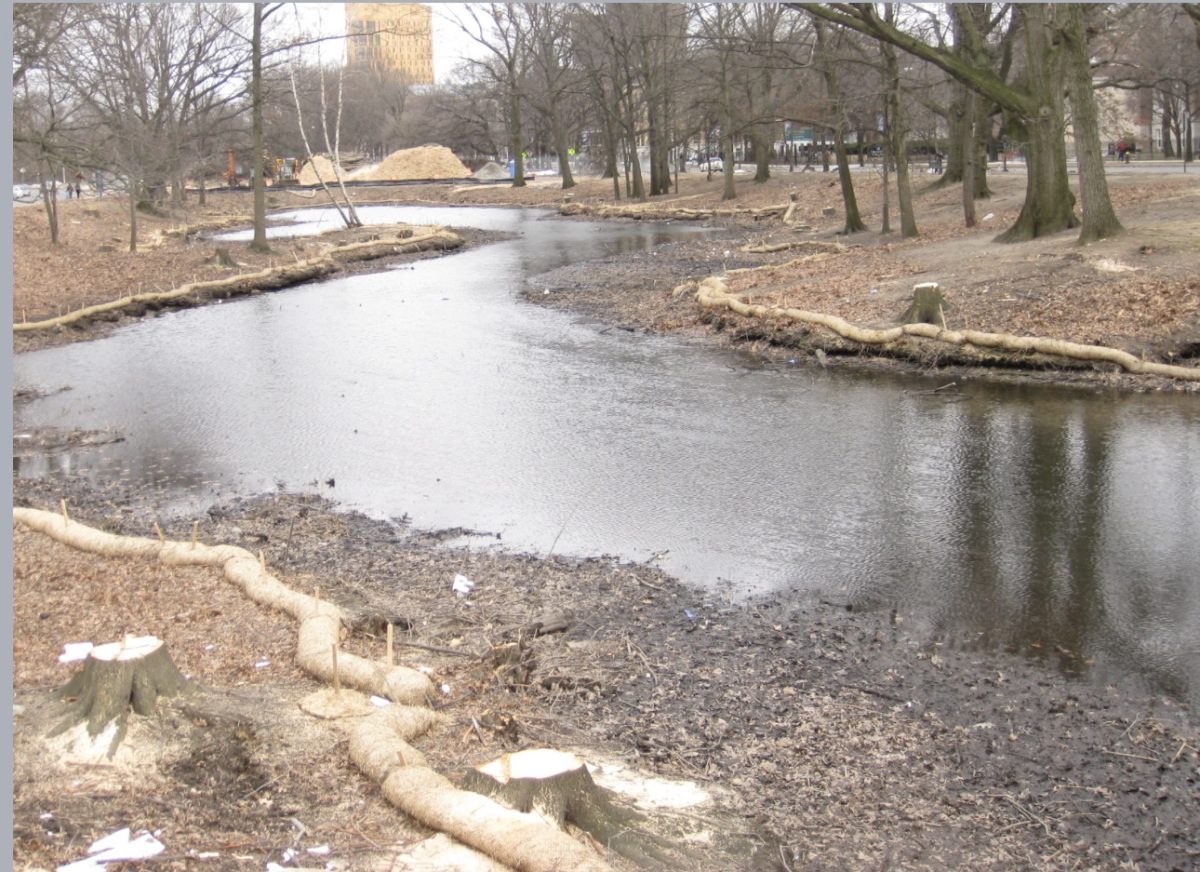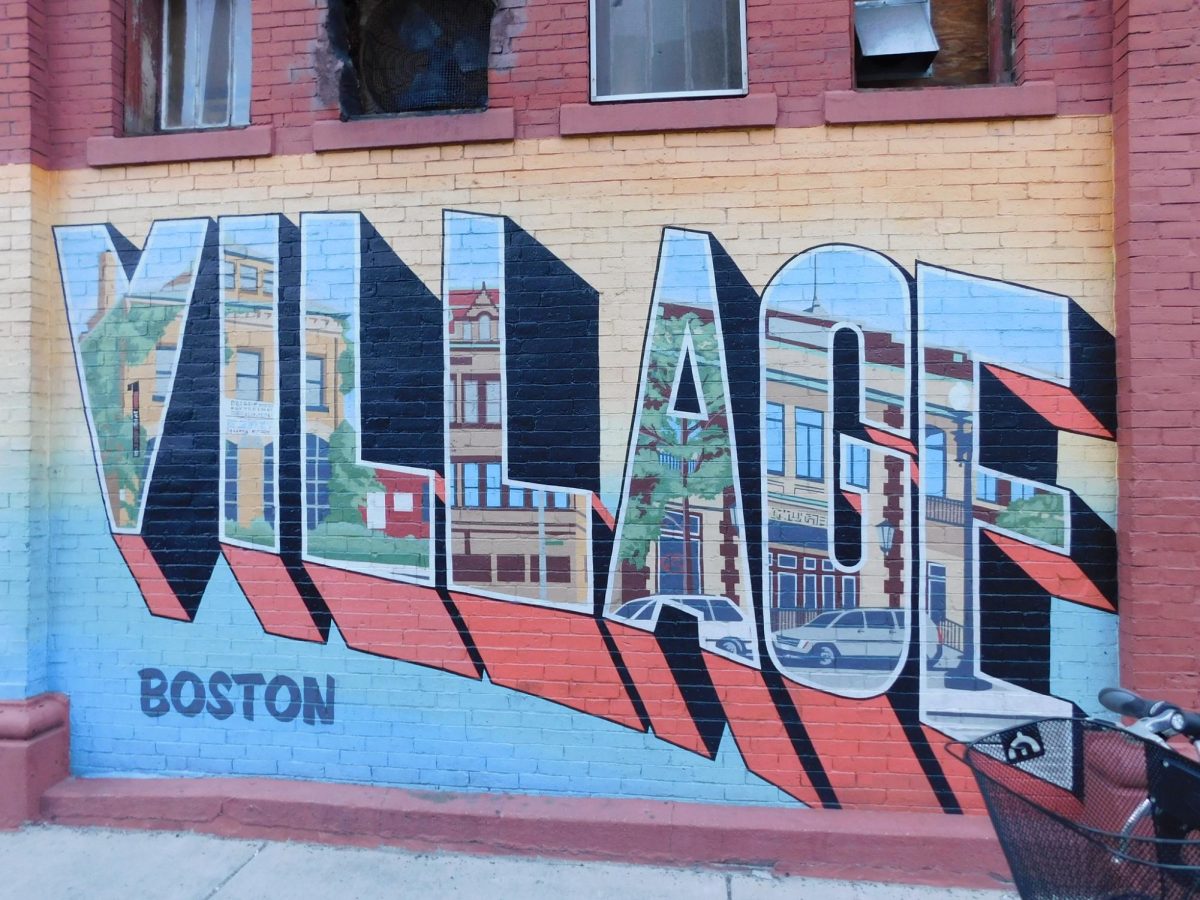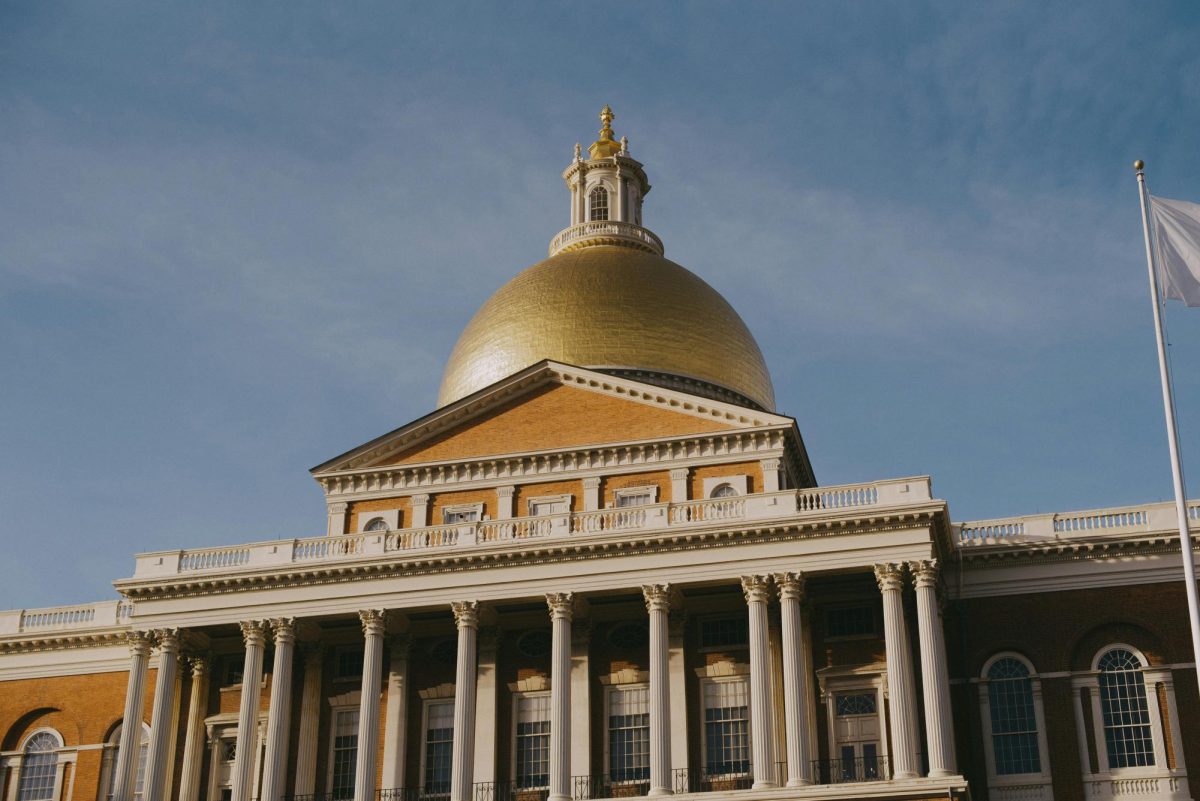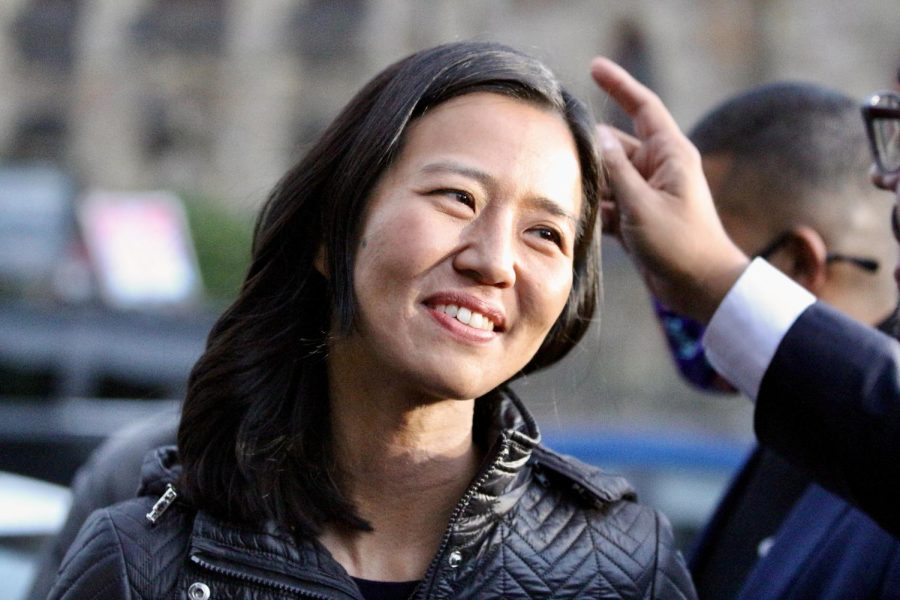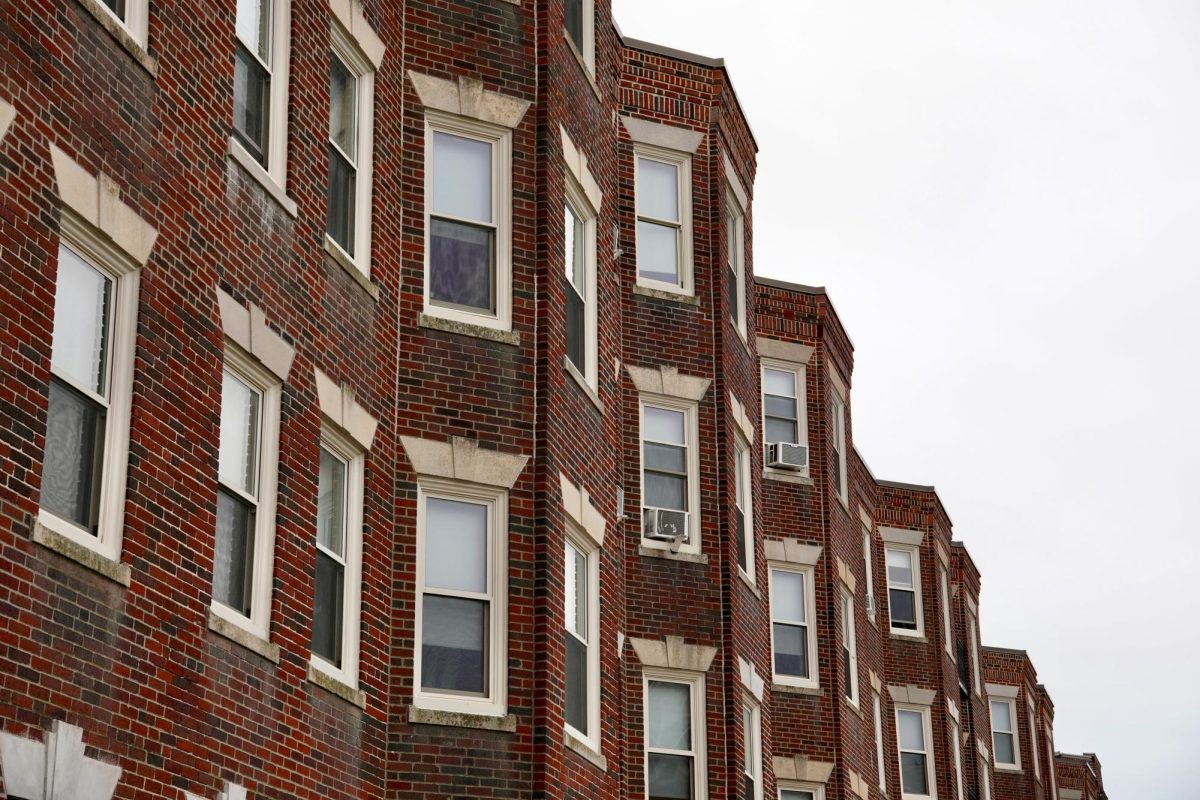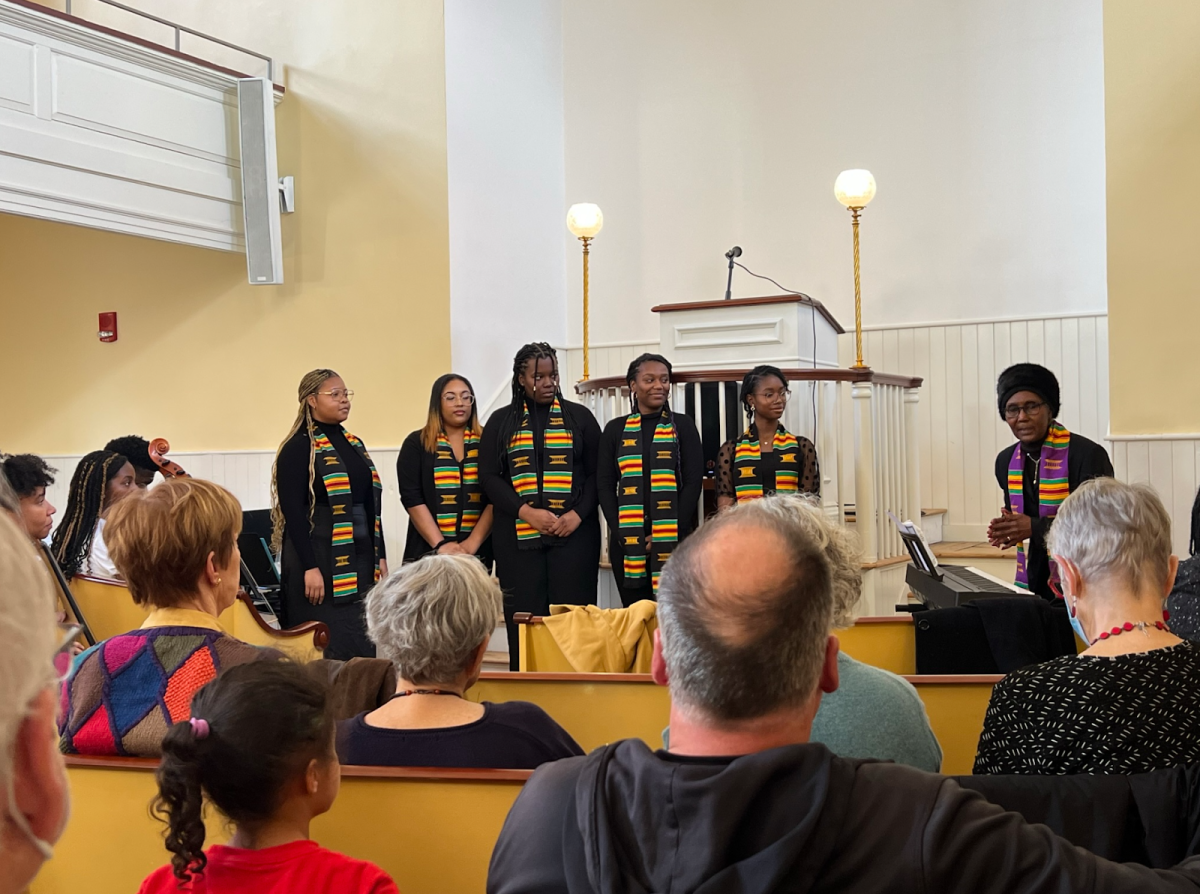Audio recordings are embedded throughout this article. Click on highlighted phrases in the text to hear contextual audio.
A green house stands out in one of Dorchester’s grayscale neighborhoods. Through its vibrant purple door is Amal Women’s Center, a faith-based women’s shelter operated by ICNA Relief.
Since the center’s opening in April of this year, 12 women from different racial, religious and economic backgrounds have called it home. The staff works to serve its residents with compassion and dignity, says Sister Malika MacDonald, and are driven by the fundamental element of Islamic morality: the love for God and for his creations.
After overcoming domestic violence and drug abuse, MacDonald — the center’s director and the national director for ICNA Relief’s transitional housing network for homeless women and children — has committed herself to improving the lives of other women. We spoke to her about her past traumas and how she found solace in faith and philanthropy.
She says her devotion to the center and its residents stems from her challenging experience of living on welfare.
“The public welfare system is not set up in a way that supports the success of poor single women,” she said. “Rather, it fosters a culture of dependency.”
That’s something MacDonald and others at Amal Women’s Center hope to change, through self-empowerment workshops and events. The shelter hosted a women-only “sister’s healing circle” in October, domestic violence awareness month, to support and celebrate domestic abuse survivors.
Sunlight sneaks into the children’s play space at Amal Women’s Center. Photo: Aceel Kibbi.
MacDonald, the primary organizer and hostess of the event, graciously welcomed guests and attendees with positive energy and an enthusiastic “Assalamu alaykom” as they entered the shelter. No corner of the house was left unoccupied as the organizers prepared food in the kitchen and children played in the adjacent room. Oud music played in the living room and accompanied guests’ conversations. After lunch, the healing circle transformed into a celebratory circle with live drum performances, cheering and laughter.
Maha displays her drum skills as she watches over her daughter. Photo: Aceel Kibbi.
Perhaps, the only silent moment was when all the women stood side by side for a Jama’ah (group) prayer at sunset. The event came to an end after the attendees and organizers shared their survival stories, past traumas and life journeys in the form of poetry. The event offered a safe space for solidarity, compassion and meditation. It was a celebration of resilience and survival. During the event, McDonald read an original poem:
“…Our pain builds our compassion, our tears run rivers of love which sustains our souls
The more you place on me, the taller I become
My strength is in your failure to realize who I am
I am woman
I will never be what you expect me to be
I am unique in nature; I am a survivor
I have taken what you have given
and flipped it to my advantage
The pain is now my strength
My scars motivate
You thought you would conquer me
Belittle me
Destroy me
You made me – well– meA woman with baggage of old tattered memories
Memories of where I refuse to be
which motivate me to push, push, push on
Left with nothing but the opportunity to push
To give birth once again
to a better version of who I am
Someone you never believed in,
and that’s just fine by me
With all my weaknesses and faults
I am perfect just as I am
Flawed but true to self
Comfortable in who I am
because I allow myself to be
To be comfortable in letting goI have let go of the quilt you tried to wrap me in
I am not ashamed for I was never the one who you believed me to be
I never believed the lies you threw at me,
the names you called me
My inner core knows me
I rise
Just as tomorrow brings a new day, I rise with glory
Glory to the Most High who cradles me.”

